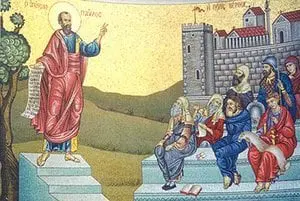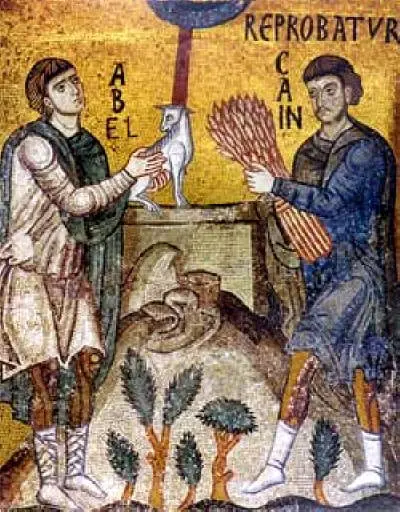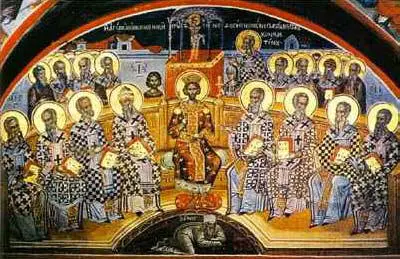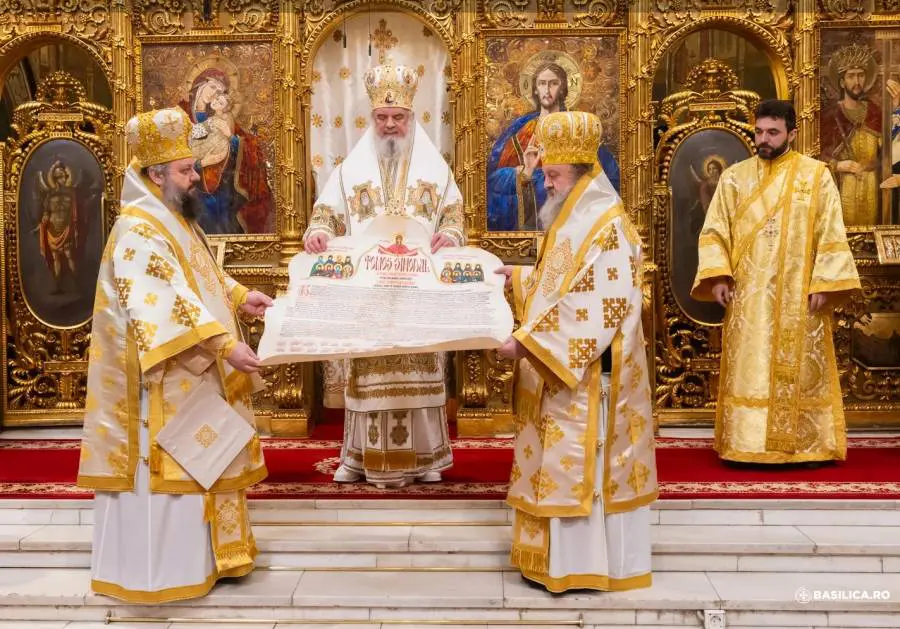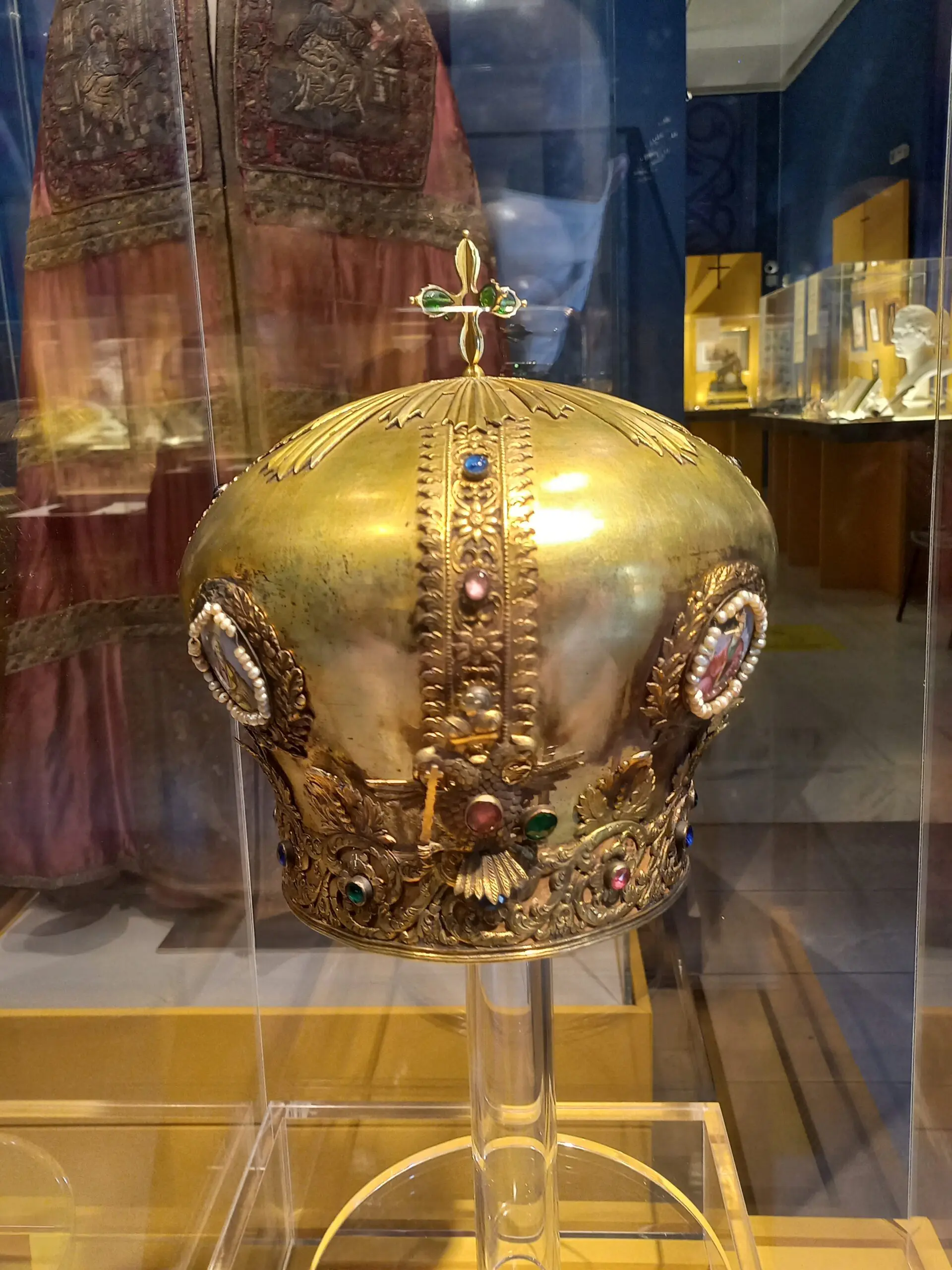Zimbabwe’s Catholic bishops drew a sharp government response after issuing a recent Pastoral Letter, titled ‘The March Is Not Ended’ on the current crisis in the southern African nation.
Then in a vitriolic attack on the bishops, a government minister played on delicate tribal divisions and was herself accused of stirring genocidal ethnic massacres.
The Lutheran World Federation, the World Council of Churches, the World Communion of Reformed Churches, and the World Methodist Council sent a message of solidarity of their “yearning for the realization of their human rights, for justice and for physical and economic security” in an open pastoral letter to the churches and people of Zimbabwe on Aug. 17.
They condemned the use of violence against those protesting the “failure of governance structures” to protect the Zimbabwe people from “deteriorating” conditions.
The four church organizations also strongly condemned “sexual abuse and violence against women activists.”
The letter specifies particular concern about “the mistreatment of political activists and other advocates for human rights,” economic and health care challenges exacerbated by the Coronavirus (COVID-19) pandemic, among other failures as the country cries out for “effective accompaniment.
The Holy See’s representative in Zimbabwe, Archbishop Paolo Rudelli, paid a solidarity visit on Sunday Aug. 16 to the Archbishop of Harare, Robert Christopher Ndlovu who had been singled out for a scorching personal attack by the Zimbabwe Government, Vatican News reported.
In their Pastoral Letter on Aug. 14, the Zimbabwe Catholic Bishops’ Conference condemned the government’s current crackdown on any dissent, citing actions such as against journalists and political opposition leaders arrested and charged and left in jail.
“Fear runs down the spine of many of our people today. The crackdown on dissent is unprecedented” said the Pastoral Letter titled The March Is Not Ended, and that was signed by the seven Catholic bishops.
They had in the past voiced criticism when they deemed it warranted, from the era of white minority rule that ended in 1980 and then during the 30-year rule of President Robert Mugabe until 2017, which in his later years was criticized as particularly harsh.
Zimbabweans hoped life would improve when Mugabe’s former right hand man Emmerson Mnangagwa took over, but many of them say nothing has improved.
The bishops condemned a “government crackdown on dissent” in Zimbabwe, saying the government “automatically labels anyone thinking differently as an enemy.”
They said that constitutional bodies like the judiciary and the National Prosecuting Authority “seem to be losing their independence and effectiveness.”
The ink had barely dried on the Pastoral Letter before Zimbabwe’s Information Minister Monica Mutsvangwa on August 15, launched an unprecedented attack through issuing a long statement and taking to State-controlled television
She called the Catholic leaders an “evil-minded flock of misled narrow-minded bishops.”
Her harshest words were for bishops’ conference president, Robert Ndlovu, the Archbishop of Harare, accusing him of tribalism.
“With nefarious cynicism to history, Archbishop Robert Christopher Ndlovu is inching to lead the Zimbabwe Catholic congregation into the darkest dungeons of Rwanda-type genocide,” she said.
‘EVIL MESSAGE’
Mutsvangwa, in her attack, said, “Its (letter) evil message reeks with all the vices that have perennially hobbled the progress of Africa. It trumpets petty tribal feuds and narrow regionalist agendas. That he (Archbishop Ndlovu) hopes to sow seeds of internecine strife as a prelude to civil war and national disintegration.”
The letter from the bishops linked the current State-sponsored violence against Zimbabweans, that earlier this month gave rise to the #ZimbabweanLivesMatter campaign on social media, to the Gukurahundi massacres in the mid-1980s.
That bloody interlude in Zimbabwe erupted shortly after its independence from white minority rule and British dominion. The infamous Zimbabwe Fifth Brigade said to have been trained in North Korea, killed between 20,000 and 80,000 people in the Matabeleland and Midlands regions.
The Catholic archbishop is an ethnic Ndebele, most of whom live in Matabeleland in southwestern Zimbabwe.
“Suppression of the people’s anger can only serve to deepen the crisis and take the nation into a deeper crisis. This comes on the backdrop of unresolved past hurts like Gukurahundi, which continues to spawn even more angry new generations,” the letter said.
Rev. Kenneth Mtata, the general secretary of the Christian umbrella body, the Zimbabwean Council of Churches (ZCC), which includes Protestant Christians, the Catholic bishops, Orthodox and Evangelicals as well as Pentecostals, responded quickly in a tweet.
“We knew the situation would escalate but not at this rate. The tone responding to the ZCBC letter is worrying. We hope president Ed Mnangagwa @edmnangagwa will tone things down. At this rate, we will be crushing sooner than later. @zccinzim ,” said Mtata, a Lutheran.
‘TRIBALISTIC HATE SPEECH’
The main official opposition MDC-Alliance tweeted “We strongly condemn the unwarranted attacks by Minister Monica Mutsvangwa on the Catholic Church, particularly the tribalist hate speech against Archbishop Ndlovu. These have no place in a constitutional democracy. #ZimbabweanLivesMatter”
While others took to social media. Chalton Hwende from the opposition MDC-T Party tweeted, “As a Catholic, I am shocked by the reaction of the government of @edmnangagwa represented by the tribalist Minister Monica Mutsvangwa. The way they have singled out the archbishop should be condemned unreservedly. Surely Zanu-PF is now heading to the political dustbins of history.”
Zanu-PF is a coalition party made up of two liberation moments that led the most robust challenge both militarily and politically against the white minority government of Ian Smith who led a government from 1966 to 1979 that declared independence illegally from Britain.
Kholwani Nyathi tweeted, “In her unrestrained attack against the Archbishop Ndlovu, what does Monica Mutsvangwa mean by ‘the righteous minority Ndebele?’ Is it a coincidence that Ndlovu, a Ndebele, is singled out for the most vicious attack over a pastoral letter signed by scores of Catholic bishops?”
SOUTH AFRICAN ENVOYS SEND TO DIFFUSE CRISIS
Various international bodies like the United Nations, the European Union, and the African Union (AU) and governments have highlighted human rights abuses in Zimbabwe after the 31 July demonstrations.
On 10 August, South Africa’s President Cyril Ramaphosa, the current president of the AU, sent special envoys seeking to solve the ongoing crisis, which South Africa has tried to deal with several times unsuccessfully in recent decades. The envoys were sent home without meeting with the opposition, the churches, or civic bodies.
NO BROAD CONSULTATIONS
The bishops wrote, “Their failure to make broad consultations with the Church and civic society at this most tempestuous time was most regrettable. Was this not an opportunity missed?”
They further pointed to wide-spread corruption in the country that has several times caused inflation to rise monumentally to some of the highest levels known historically in the world.
“The corruption in the country has reached alarming levels. Government and civic society are agreed that corruption is choking the economy and compromising our justice system.”
The bishops in their letter also offered their solutions to heal the country.
These include implementing outstanding reforms towards constitutionalism and the rule of law, adopting a new social contract with an inclusive national economic vision, mending global relations, and an inclusive national humanitarian and emergency response.
On Sunday, 16 August, the Law Society of Zimbabwe warned of a “deteriorating human rights situation in Zimbabwe” and demands that the government acts to “eradicate these abuses as a tangible assurance to the nation that the state does not approve of this conduct.”
UNITED STATES SANCTIONS
The United States has sanctions against some of Zimbabwe’s leaders. According to the United States, these apply only to officials responsible for the repression and not to the Zimbabwean people. They target only “officials from the ZANU-PF ruling party, top military figures and some government-owned firms…not the entire country.”
Last year the U.S. Ambassador to Zimbabwe Brian A. Nichols said the economic crisis in Zimbabwe is due to corruption, and not sanctions.
This is an edited version of an article that first appeared in Medium


